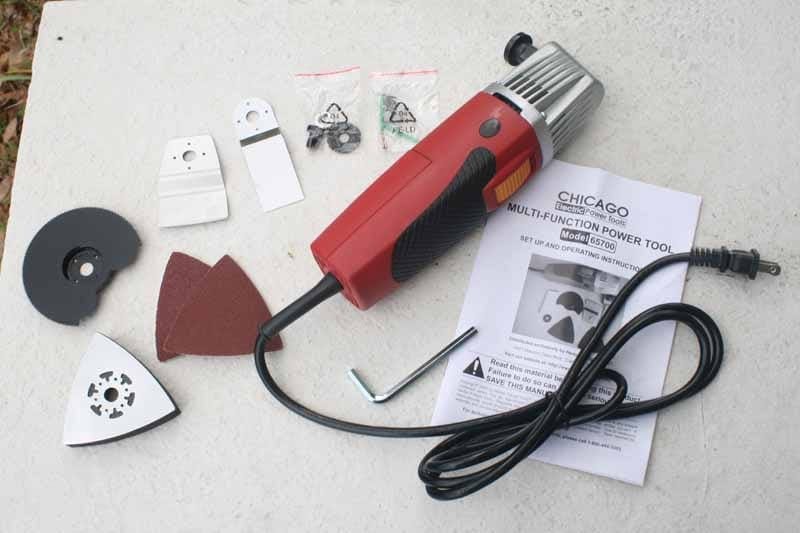In the realm of power tools, there exists a broad spectrum of devices designed to make our work easier, more efficient, and more precise. Among these, fixed power tools hold a significant position. But what exactly are fixed power tools? How do they differ from their portable counterparts? And what are the advantages and disadvantages of using them? This article aims to delve into these questions, providing a comprehensive understanding of fixed power tools.
Fixed power tools, as the name suggests, are stationary tools that are typically mounted or fixed in a specific location within a workshop or industrial setting. They are often larger, more powerful, and more specialized than portable power tools. Examples of fixed power tools include table saws, drill presses, bench grinders, band saws, and stationary sanders, among others.
One of the primary advantages of fixed power tools is their power and precision. Due to their stationary nature, they can accommodate larger motors, which translates into greater power and speed. This makes them ideal for heavy-duty tasks that require a high degree of accuracy and consistency. Moreover, fixed power tools often come with features like adjustable speeds, angles, and depths, providing users with a high level of control and precision.
However, fixed power tools also have their drawbacks. Their size and stationary nature mean they are not easily transportable, limiting their use to the location where they are installed. Additionally, they often require a significant investment, both in terms of the initial purchase price and the space required to house them.
When considering the use of fixed power tools, it's essential to evaluate the nature of your work. If your tasks involve heavy-duty operations that require high precision and power, fixed power tools may be the best option. However, if your work requires mobility and versatility, portable power tools might be more suitable.
In terms of safety, fixed power tools, due to their size and power, can pose significant risks if not used correctly. Therefore, proper training and adherence to safety protocols are crucial when operating these tools. This includes using appropriate personal protective equipment, ensuring the tool is properly maintained, and understanding the specific operating procedures for each tool.
In conclusion, fixed power tools are a vital component of many workshops and industrial settings. They offer power and precision that portable tools often can't match, making them invaluable for certain tasks. However, their size, cost, and lack of portability mean they are not suitable for all situations. As with any tool, understanding their capabilities and limitations is key to using them effectively and safely.

